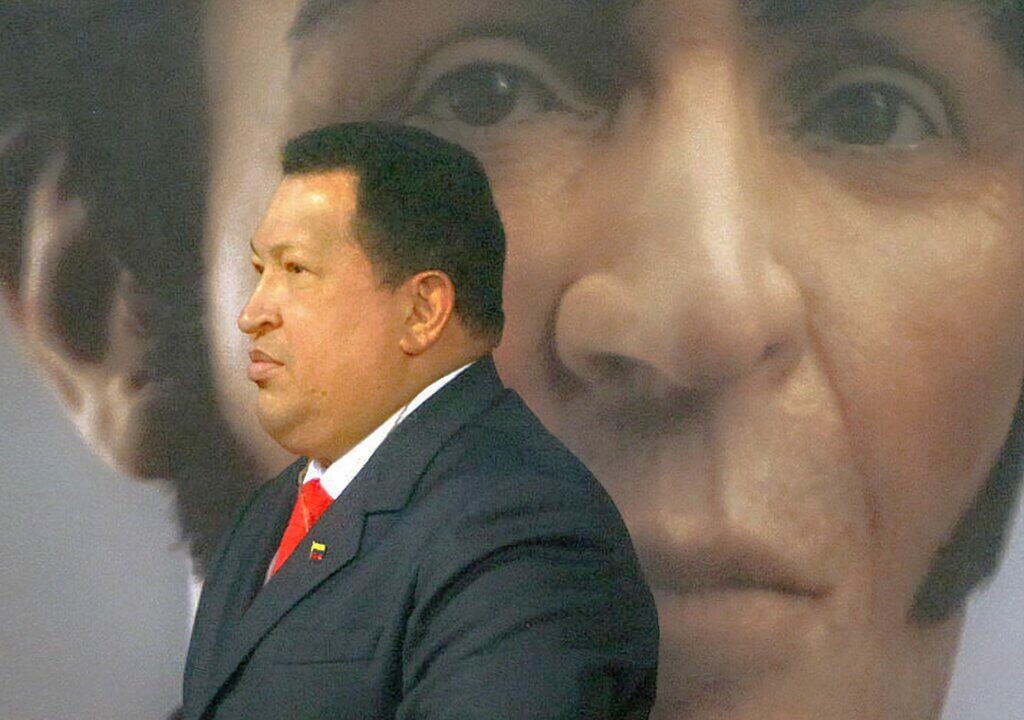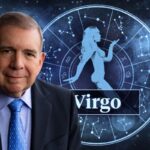Hugo Chávez and Simón Bolívar have often been compared, especially during times of national reflection in Venezuela. Chávez himself frequently invoked Bolívar’s legacy, leading many to wonder: Was Hugo Chávez the modern embodiment of Simón Bolívar?
A Leader Resonating with the Disenfranchised
Chávez did not liberate colonies, but he consistently referenced Bolívar. After his failed coup attempt against President Carlos Andrés Pérez in 1992, Chávez and his fellow insurgents were imprisoned in the San Carlos Barracks—a facility located directly opposite the National Pantheon where Bolívar’s remains rest. This proximity to Bolívar’s legacy seemed almost symbolic.
His charisma and ability to articulate the frustrations of ordinary Venezuelans quickly gained him a following. People lined up outside the prison to meet him and request autographs. Chávez declared to the press, “The true author of this liberation, the authentic leader of this rebellion, is General Simón Bolívar. His fiery words have illuminated our path.”
Chávez positioned himself as a champion of the poor, much like Bolívar was seen as a leader who connected with the most afflicted populations. Despite Bolívar’s aristocratic background and sophisticated education, he managed to empathize with the struggles of the common people. He abolished feudal practices like cacicazgos (chieftainships) and sought to create a sense of citizenship, aiming for unity despite deep social divides.
Advocating Latin American Integration
Another significant parallel between Chávez and Bolívar was their vision for Latin American unity. Bolívar, in the early 19th century, envisioned a federation of newly independent nations to stand strong against imperial powers. He convened the Congress of Panama in 1826 to promote this unification.
Chávez drew upon this historical precedent to advocate for modern regional integration. He promoted alliances like the Bolivarian Alliance for the Peoples of Our America (ALBA) and the Community of Latin American and Caribbean States (CELAC). Countries like Bolivia under Evo Morales, Ecuador under Rafael Correa and Nicaragua under Daniel Ortega aligned with Chávez’s vision.
However, critics argued that Chávez’s push for integration was bolstered by Venezuela’s oil wealth. “The economic support through oil made his Bolivarian discourse more palatable,” noted César Puerta, a historian and political scientist. The tangible benefits provided to allied nations often underpinned their political support.
Challenging Imperialism: A Strategic Stance?
Bolívar fought against Spanish imperialism in his time, while Chávez identified the “Yankee imperialism” of the United States as a modern adversary. Bolívar’s concerns were rooted in the geopolitical dynamics of the 19th century, aiming to protect nascent states from European powers and the growing influence of the United States.
Chávez maintained a contentious relationship with the U.S. He openly criticized American policies at the United Nations in New York, once referring to President George W. Bush as the “devil” due to U.S. involvement in Middle Eastern wars over oil control. He expelled U.S. diplomats, accusing them of conspiring against him during the 2002 coup attempt. His steadfast opposition to U.S. influence resonated with other Latin American leaders wary of external interference.
Economists have suggested that Chávez played a pivotal role in the failure of the Free Trade Area of the Americas (FTAA), a U.S.-backed initiative to eliminate tariffs across the continent. Instead, he championed alternative alliances that excluded U.S. influence.
The Burden of Leadership and Legacy
Both Bolívar and Chávez wielded immense personal influence, which, paradoxically, became a vulnerability. Bolívar’s vision of the Gran Colombia—a union of several South American territories—did not survive his death. Plagued by illness and political betrayal, he died at 47 in 1830. The federation he built fragmented into separate nations and no immediate successor carried forward his unifying ideals.
Chávez faced a similar challenge regarding the sustainability of his Bolivarian Revolution. “The alliance he promoted, based on Venezuela’s economic support to its allies, faces a difficult challenge in his absence,” observed Héctor Maldonado, a professor of history and social sciences. Nicolás Maduro, Chávez’s chosen successor, was tasked with uniting Chávez’s followers and continuing his policies amid a changing political landscape.
Despite tangible achievements like reducing poverty by 20% according to the Economic Commission for Latin America and the Caribbean (ECLAC), Venezuela grappled with significant economic issues. The country experienced high inflation rates, currency devaluation and a fiscal deficit reaching 20% of its GDP—approximately $70 billion. Shortages of basic goods further complicated the situation.
A Nation Engaged in Politics
One undeniable aspect of Chávez’s legacy was the political mobilization of the Venezuelan populace. With around seven million registered members in the United Socialist Party of Venezuela (PSUV), political engagement reached unprecedented levels. The opposition also strengthened under leaders like Henrique Capriles, illustrating a politically active society.
Maduro promised to uphold Chávez’s model if elected. However, questions remained about whether he would become a true successor or if he might steer the country in a new direction, potentially altering the course set by Chávez.
Conclusion: Parallel Lives in History
Whether Chávez was the reincarnation of Bolívar remains a topic of debate. Both leaders left indelible marks on their nation’s history through their visions of unity and resistance against external domination. Their legacies continue to influence political discourse in Venezuela and beyond.
Time will ultimately determine if the parallels between Bolívar and Chávez extend beyond their lifetimes. For now, it is certain that both figures occupy significant chapters in the annals of history, each leaving a complex and enduring legacy.
For further reading on the impact of Hugo Chávez’s policies, visit The Guardian’s coverage on Chávez’s legacy.





